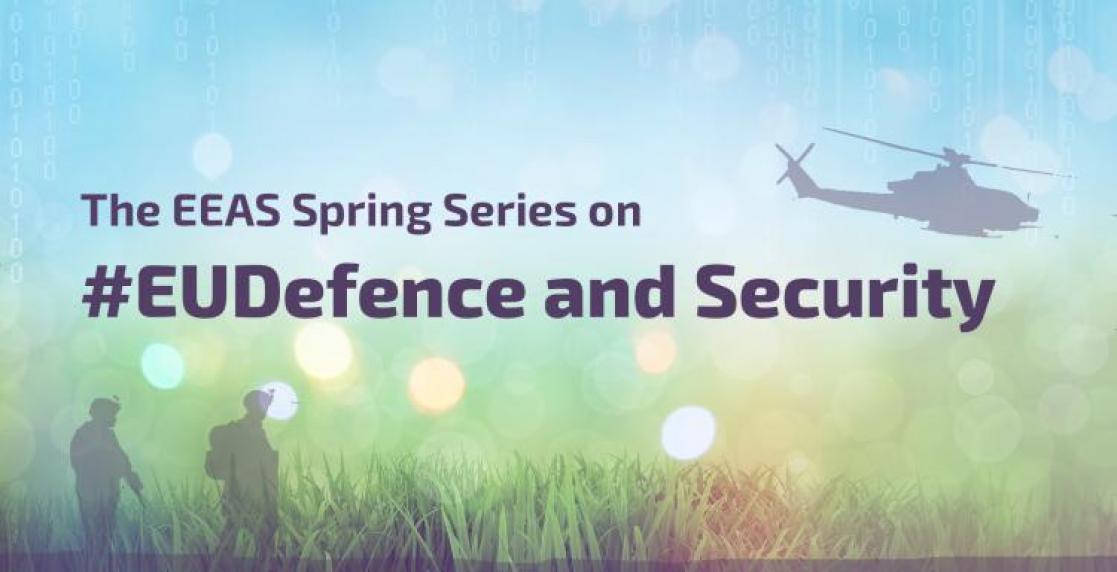#EUDefence and Security Spring Series: Tackling new threats

The term ''hybrid threats'' refers to a mix of activities – often combining conventional and unconventional methods – that can be used in a coordinated manner by state and non-state actors while remaining below the threshold of formally declared warfare. Typical targets can be critical infrastructures (e.g. energy, transport, finance or government-related systems), public health or public opinion. The objective of the attacks can be to cause economic damage and exploit vulnerabilities, but also to create confusion, influence democratic elections or hinder political decision-making. The damage is potentially large and can affect countries, companies, institutions and each citizen directly.
In the changing security environment, there is a demand for a degree of strategic autonomy of the Union to be able to act as a credible security provider for its own purposes and beyond. That is why several initiatives have been taken over recent years to boost the EU's security-related capacities. These measures aim at strengthening cooperation among EU Member States and with partners such as NATO and are in line with the EU’s 2016 Global Strategy.
Hybrid threats impact typically across national borders. Therefore, a Joint Framework presented in 2016 by High Representative Mogherini and the Commission aims to help boosting cooperation amongst Member States within the EU framework. European and national instruments are combined to tackle threats arising from outside or within the EU. Internal and external security have never been more intertwined than today and seamless cooperation amongst different players for effective defence has never been more important.
In the context of hybrid threats it is important to build resilience and capacity to spot an emerging attack in real time and to counter it. To assist with these tasks, the European Centre of Excellence for Countering Hybrid Threats (Hybrid CoE) in Helsinki was established in 2016. The Centre offers a wide range of experience and expertise to all participating countries, EU and NATO.
In view of increasing targeted hostile communication and disinformation campaigns, the EU has also stepped up its efforts in the area of strategic communication. Exchange of information and coordination of strategic communication efforts with Member States is key. The objective is to identify disinformation campaigns in real time (“Rapid Alert System”) and counter them. Activities in this area are based on an Action Plan that was established in December 2018.

